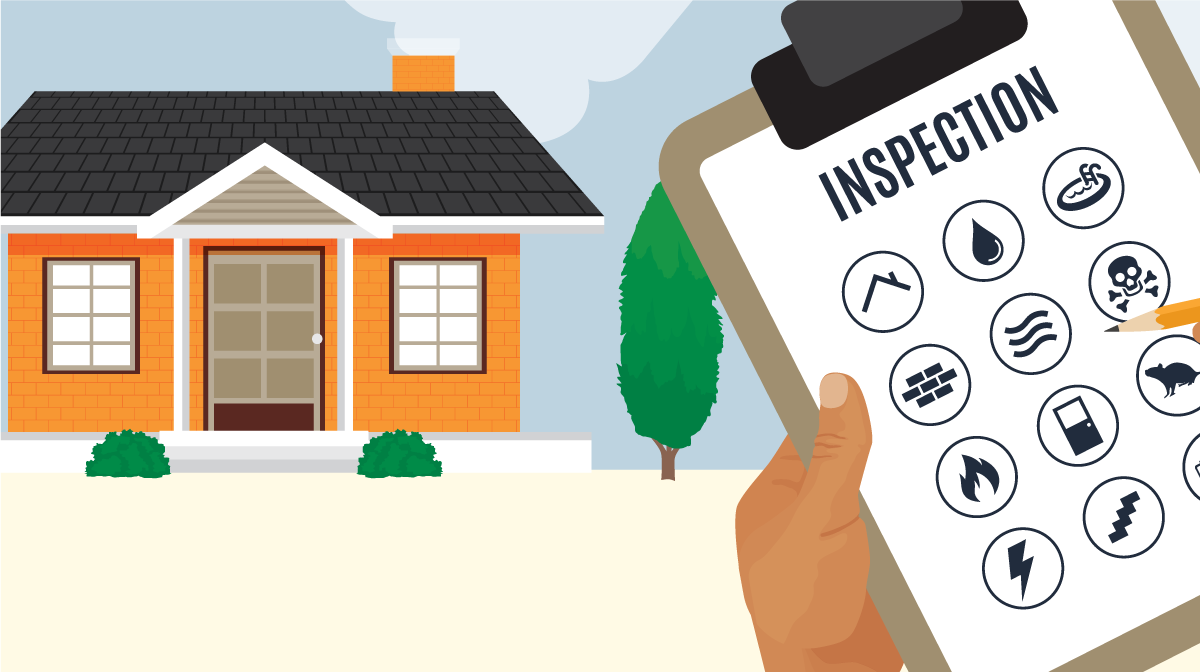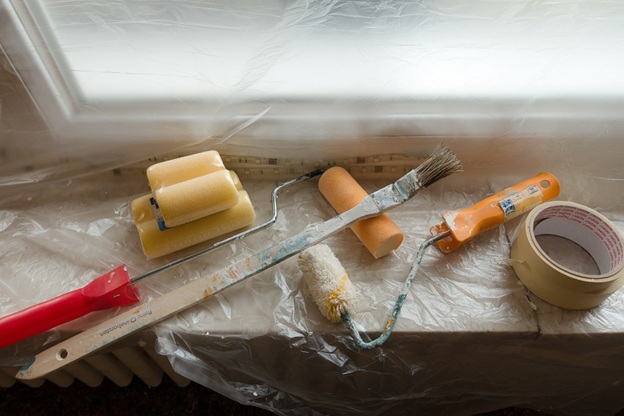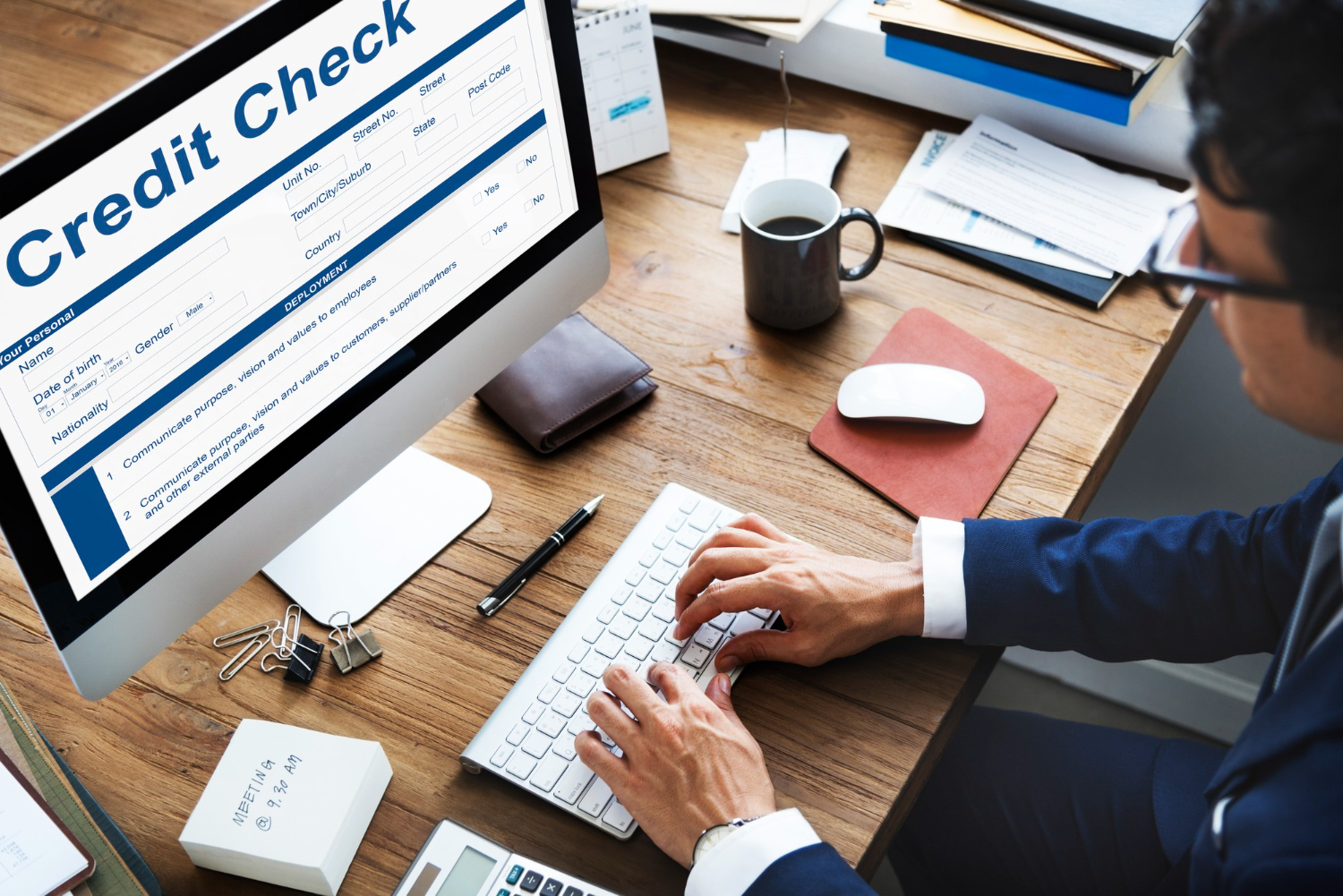For seniors looking for a new venture, house flipping offers a compelling blend of creativity…

Buying a house will likely be one of your biggest investments. Avoid surprises and unexpected expenses by having your potential purchase inspected by a professional.
A home inspector is a qualified professional who visually inspects the structure of a house, as well as the integrity of its various components. After the inspection, the inspector will present you with a written report that outlines the inspection results. The report will also include recommendations for repairs and replacements.
Before buying a house, you should review the report with your realtor to find out how the findings and recommendations may affect your bid on the home, or whether you go forward with your intent to purchase the home.
What’s Included
A home inspection will identify major repairs and replacements before you buy it. When buying a house, you should expect to have full access to check out everything in a home. Your inspection should include:
- Structural elements, such as visible foundation, window alignment, bowing or sagging of the structure.
- Roof, checking condition of shingles, repairs or patches, damage to chimneys, working vents, and properly working gutters.
- Check existing fire and carbon monoxide alarms and fire sprinklers, condition of stairs and handrails, and garage door openers.
- Check attic for sufficient insulation, proper ventilation, and signs of water leaks or water damage.
- Interior plumbing will be checked for leaks and damaged pipes, proper hot water temperature, and sinks, tubs, and showers will be checked for functionality.
- Electrical system will be verified to be up to code standards for your locality, type and condition of existing wiring, and function of circuit breakers, outlets, light fixtures, and fans.
- Condition of furnace and air conditioner, water heater, chimney, and fireplace.
- Condition of basement, checking for solid foundation, walls, floors, doors, and checking for any signs of water damage.
- Garage condition, for solid foundation, ceiling, framing, and roof. Also working garage door and opener, functioning electric box, and outlets.
- Appliances will be checked for functionality, including refrigerator, stove, dish washer, washer and dryer, and any other appliances.
- Exterior surfaces will be checked for proper clearance between ground and siding material, condition of exterior paint or siding, and properly working lights and electrical outlets.
- Grounds will be checked for leaking septic systems, proper drainage, condition of driveways, fences, and sidewalks.
Keep in mind that most home inspections do not include some items. You can ask the inspector to take a look at these items, but you may have to hire another professional with more experience. These items include:
- Swimming pools
- Asbestos
- Radon gas
- Lead paint
- Toxic mold
- Pest control
Do Houses Fail Inspections?
A professional home inspection is an examination of the current condition of a house. It is neither an appraisal or a municipal inspection. It cannot, therefore, “fail” a home inspection, but rather be judges on its physical condition and the systems within the home that may need repair or replacement in the future.
When Do You Contact A Home Inspector?
When you sign a contract or purchase agreement on a home, you should include language in the contract making your purchase contingent on the findings of a home inspection. Once you’ve entered into an agreement to buy the home, you should immediately contact an inspector and schedule a time for the home to be viewed.
How Do You Find A Home Inspector?
If you do not know anyone who is qualified to perform and inspection before buying a house, you should start with your realtor. Real estate agents, brokers, and investors are familiar with the services required when buying a home, and they will have a list of qualified professionals.
What If The Inspector Finds Problems?
Not to worry! No home is perfect. The inspector’s job is to evaluate the home’s physical condition at the time of the inspection. What you do with the information provided is entirely up to you. You may use it as a negotiation point, or you may choose to ignore the problems found, if they are minor.
The Bottom Line
Investing in an inspection before buying a home is a good way to ease your mind before signing on the dotted line. Even if you choose to go forward if problems are identified, you will know what lies ahead, and you can plan for it. If you’re handy, you may choose to make repairs on your own, as a do-it-yourself project. Or maybe you’re getting a good deal on the home and will have funds left over to make repairs at your leisure. Whatever you goal, knowledge is power, and peace of mind is king.


